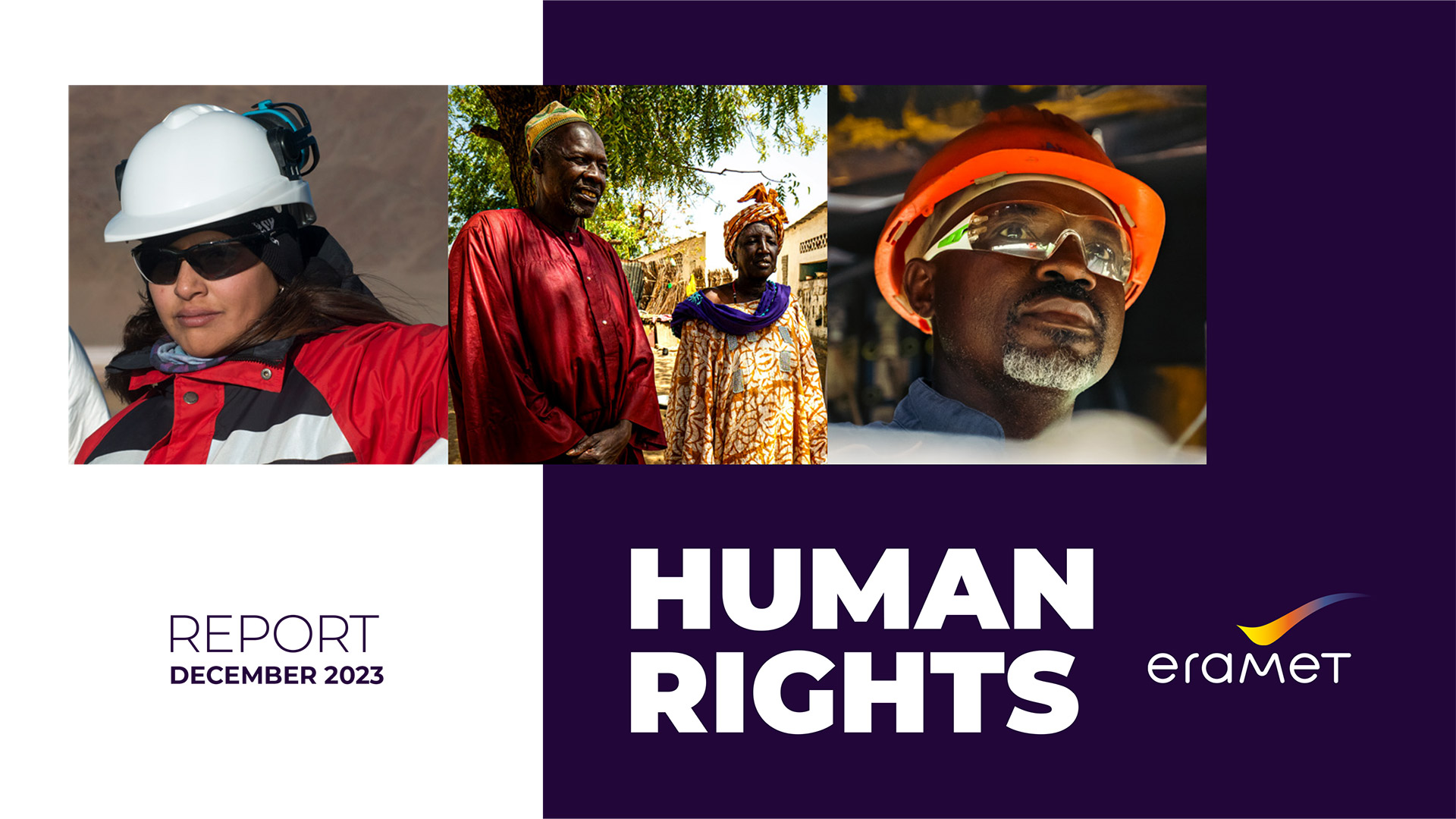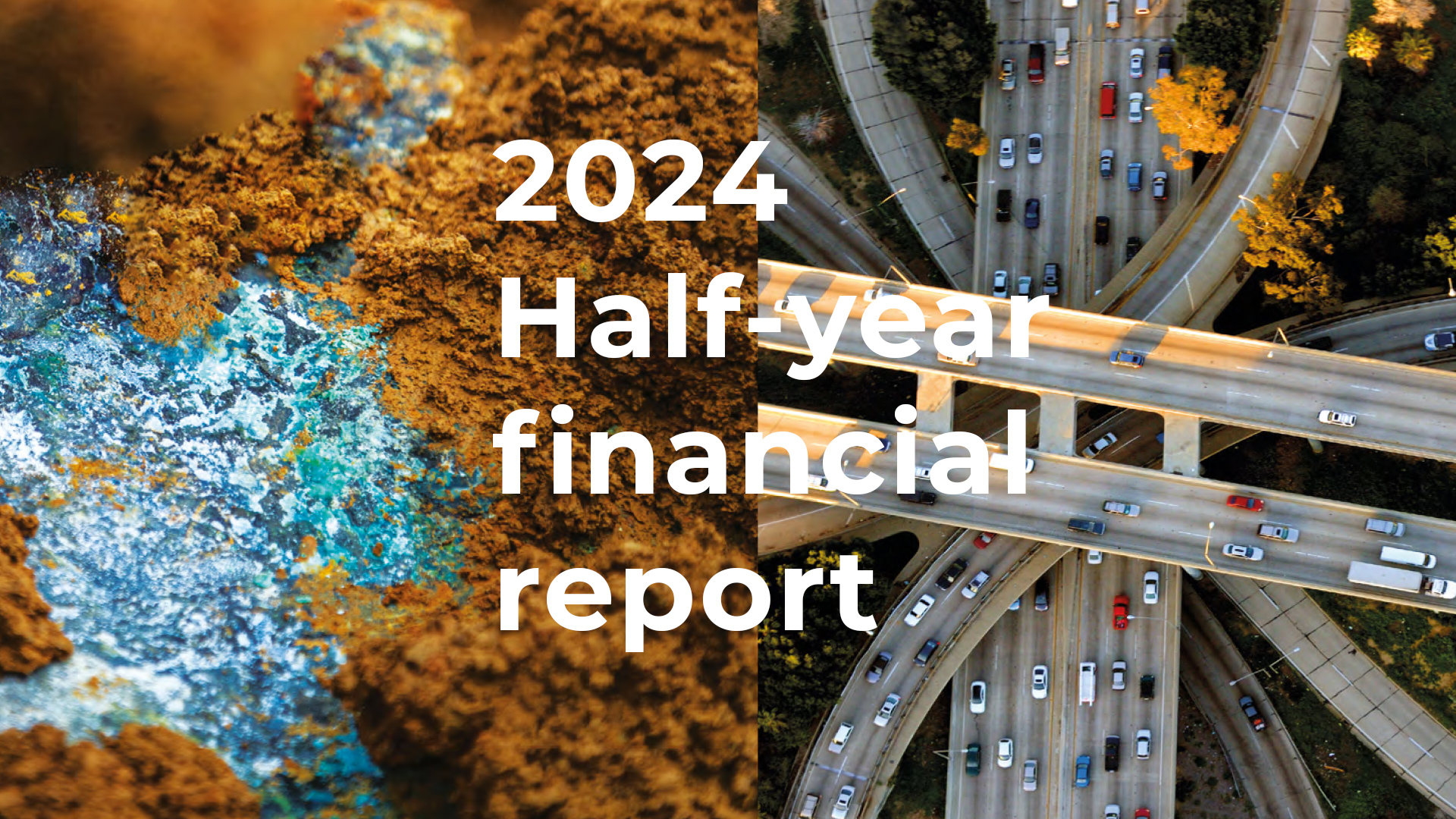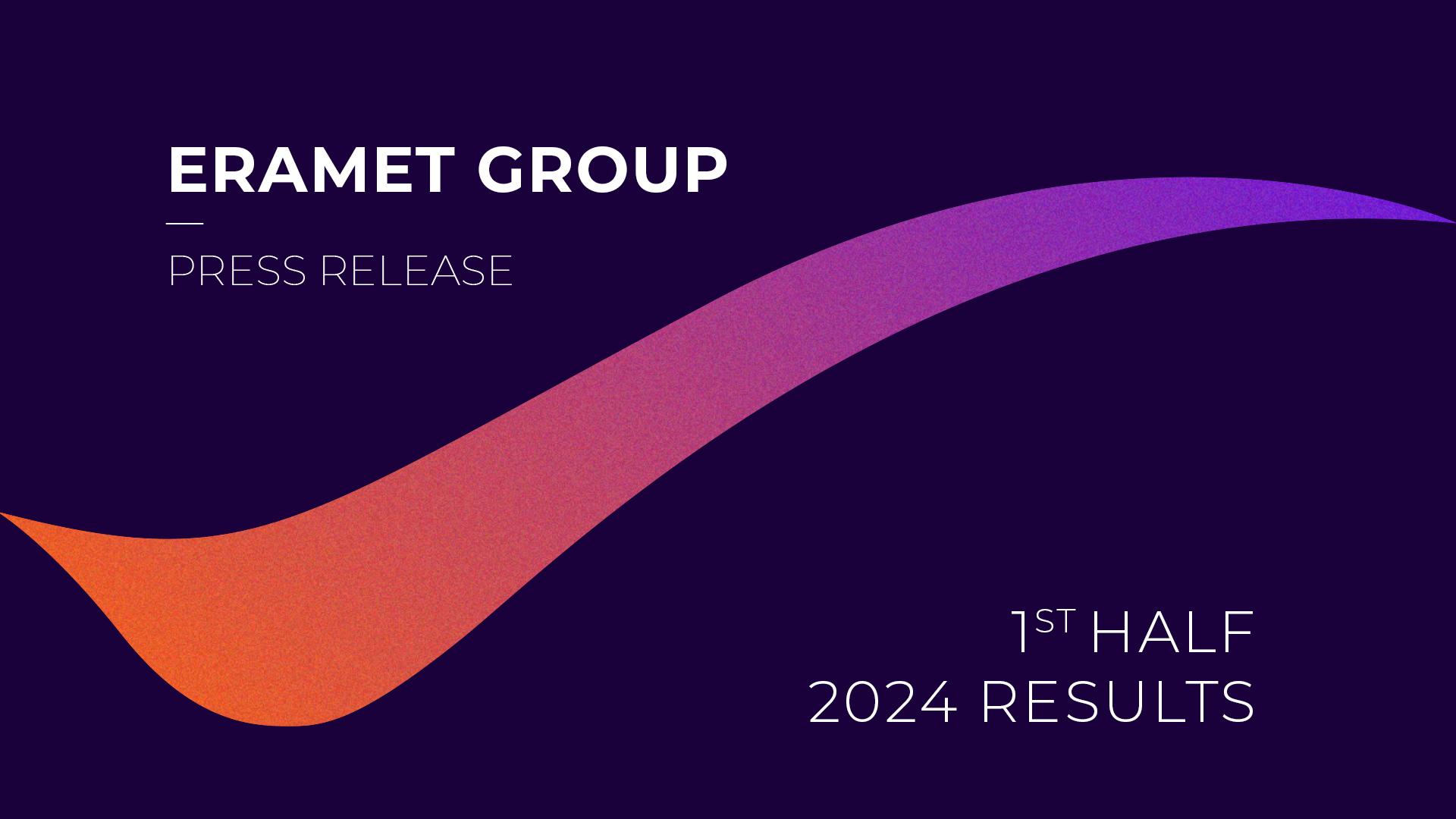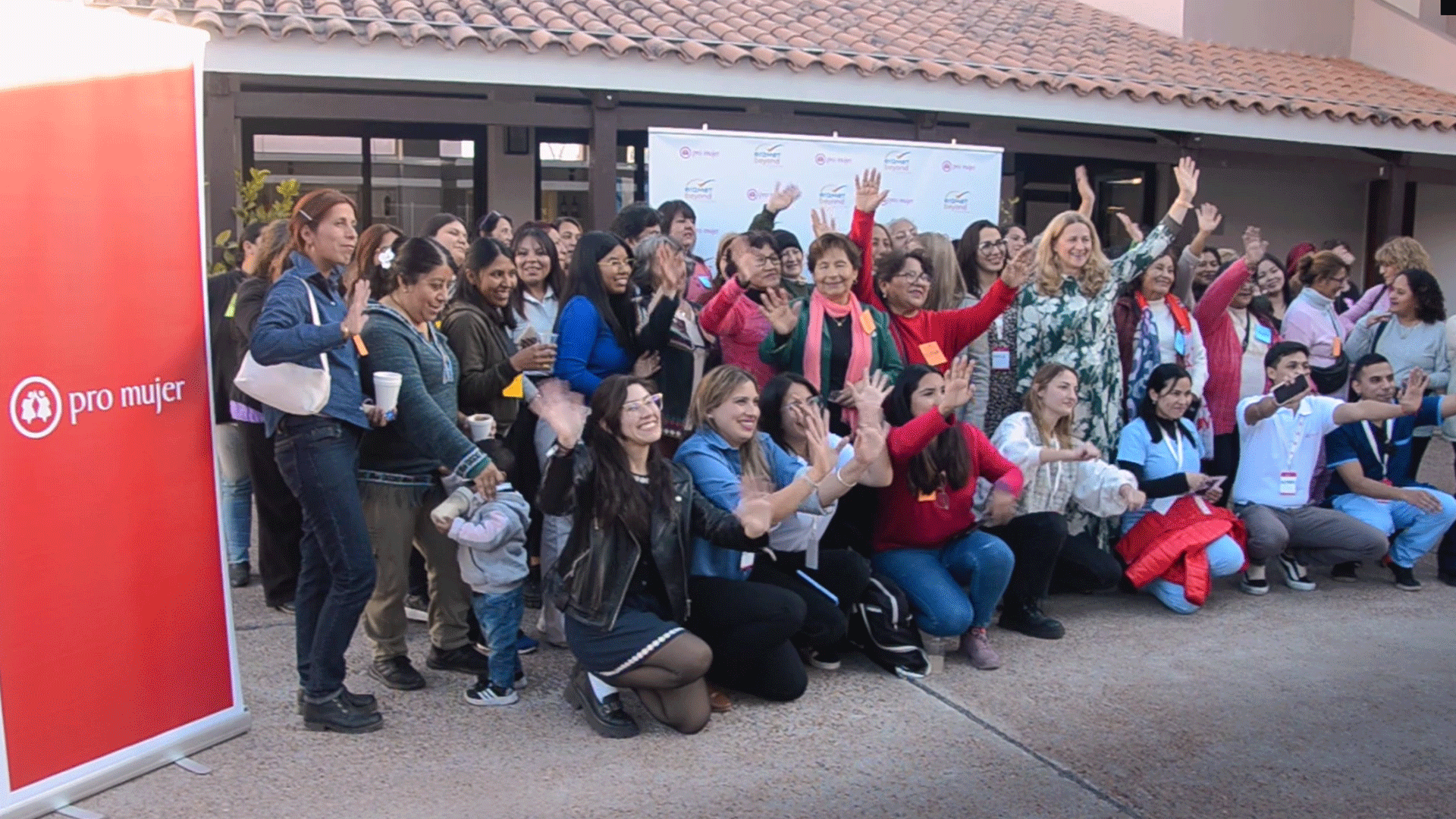Eramet has published its very first Human Rights report, designed as a guide to the Group’s commitment to respecting the fundamental rights of all its stakeholders: employees, partners and communities.
The report includes :
- Message from Christel Bories, CEO of the Eramet group
- Eramet Executive Committee members’ views on respect for human rights
- Key standards and golden rules applied by the Group
- The Group’s commitments
- Human rights governance at Eramet
- Human rights risk mapping updated in 2023
- Site-by-site case studies (Gabon, Senegal, Argentina, New Caledonia, Indonesia, Norway, France, United States)
This triennial report is available in English, French and Spanish.
3 questions for Marie-Axelle Gautier, Director of Social Impact and Human Rights for the Eramet group
What are Human Rights in the workplace?
 Marie-Axelle Gautier: Traditionally, human rights tend to be seen as the responsibility of governments. Today, however, they also apply to companies.
Marie-Axelle Gautier: Traditionally, human rights tend to be seen as the responsibility of governments. Today, however, they also apply to companies.
Human rights are fundamental rights that apply to every individual. They include safety, health, non-discrimination, opposition to child labor and forced labor, equal treatment, decent wages…
At Eramet, these rights apply to employees, subcontractors and suppliers, as well as to local communities that may be impacted by our activities.
The Group’s commitment in this area has already been integrated into our corporate purpose, our Human Rights Policy and our “Act for Positive Mining” CSR roadmap.
Why publish a Human Rights report?
M.-A.G.: The aim of this report is to answer questions from external and internal stakeholders (NGOs, customers, investors, employees, their representatives…) about Eramet’s approach to human rights, and to present what the Group has achieved since 2021 as well as the challenges it faces (respect for human rights in the value chain, respect for local communities, environmental protection…). This report also provides an opportunity to make the voices of these stakeholders heard, and to increase our transparency with them.
Furthermore, the publication of the report contributes to the achievement of objective 8 of the 2018-2023 CSR roadmap, which was to become a benchmark for human rights in our sphere of activity.
How did you go about creating this report?
M.-A.G.: This report is the fruit of a collaborative effort involving all the Group’s sites and numerous Eramet support departments (Environment, Ethics & Compliance, Diversity & Inclusion, Purchasing, Legal, Safety, Security, Risks, etc.).
Of course, it presents Eramet’s commitments and the tools at our disposal, but it also highlights detailed examples through case studies for all the Group’s sites. In fact, we wanted to highlight certain actions implemented by the sites to prevent and manage certain local risks (recruitment, cultural heritage, safety, etc.).







